America has elevated shooting rampages to the level of a sacred religious rite and the only proof that is needed to prove that contention is the article in the Wall Street Journal that asserts that the media is doing the exact opposite of what the psychologists say they should be doing when a new instance of shooting strangers to become a celebrity unfolds on the cable news networks and the big networks’ evening news shows. The Armstrong and Getty radio show invited listeners to go to their website to get a link to the story. It’s just a remarkable coincidence that their show in the San Francisco Bay Area is preceded on a Fox radio station by the Wall Street Journal radio show.
Is it ironic to note that in the last week of May of 2014, in the land famous for Freedom of Speech, the hot topic was arguing over what can and can not be said about a wide variety of topics?
Is there anything about the shooting that hasn’t been said? Reading “How to Talk Dirty and Influence People,” we couldn’t help but imagine that if he were still alive, Lenny Bruce would find a way to say something which would offend both Liberals and Conservatives. Such as? It isn’t too difficult to imagine that Bruce would attempt to elevate the debate to new levels of vitriol by saying: “If prostitution were legal in Cali, those victims would still be alive.”
It isn’t difficult to imagine Bruce noting that if a good looking young man driving a new Mercedes Benz can’t get laid, then America has become a very sick nation.
On Wednesday May 28, 2014, Getty and Armstrong continued their criticism of the news coverage of the shootings (and stabbings) but fell short of going balls to the wall with their point of view. Should they push things to the limit by urging (in an egregious example of irony) people to send in money to start a Shooters’ Hall of Fame to raise the glorification of the shooters to an excessively high level of adulation?
The Wednesday edition of the Getty and Armstrong Show included one of the sidekicks telling a personal anecdote about bypassing the waiting phase at a Sushi bar and when the fellow was asked to explain why he got preferential treatment responded: “Because I’m white.” On Thursday morning that radio show quickly mentioned that the guy who told that anecdote was no longer working for the show.
Since Rush Limbaugh loves to goad the Liberals by uttering ideas that come perilously close to taking the concept of edgy off the deep end. Hasn’t conservative radio come to resemble (metaphor alert!) the chickie run sequence in “Rebel without a Cause”?
How would Liberals react if Uncle Rushbo read some old Lenny Bruce routines on his radio show? Bruce did use the “n-word” and if Limbaugh read the transcript of a Lenny Bruce rant that included the use of the “n-word,” would Liberals condemn that as a reprehensible way to sneak that word on to his radio show or would they then resurrect the old “freedom of speech” arguments that were (was it fifty years ago?) offered in defense of Lenny Bruce?
The national debate over gun control has morphed into a state of stalemate. Neither side will even listen to the other team’s points and (much to the relief of politicians caught in the middle) as a result nothing will ever be done about it.
Mass shootings are a very effective wedge issue and on Wednesday a law maker in California was proposing that citizens who think that a neighbor is mentally unfit to own a gun should be given veto power over any legal attempts to purchase a firearm.
The concept of a wedge issue is to take a dispute and get a wild exuberant political diversion going, ultimately do nothing to change things, and then get on TV and explain how and why the opposition political party thwarted the will of the majority of voters.
Bill Mahr said something that was deemed unacceptable by the patriotic conservatives and he was marginalized for his attempt to think outside the box. Don Imus was discredited by a conservative news organization and then hired by them when the value of his services fell to a much more affordable price.
Do you have an extra coupla billion dollars sitting idle and want to buy a NBA team cheap?
We have been reading “Death of a Pirate,” by Adrian Johns, which is about the phenomenon known as Pirate Radio as practiced in Great Britain during the last century.
The Liberal point of view on the publicly owned radio airwaves is as extinct as the Wolfman Jack radio show.
Sometime ago, the World’s Laziest Journalist predicted that when Liberal philosophy on radio becomes extinct, it would be necessary to resurrect the concept of pirate radio and offer clandestine programming being broadcast from beyond the borders and which could be heard inside the USA. Some folks say that the Internets fills that need but can a person in a car listen to a show being streamed on the Internets?
Lenny Bruce got in deep trouble for talking about things like gays, blacks, and drugs. He was very adamant about being given his right to free speech and when Rush Limbaugh makes headlines with a new outrageous quote, we wonder if Lenny Bruce would be the first to come to Rush’s defense.
Is freedom of speech a one way street only for Liberals or is it a two way street that Bruce would endorse? Partisan punditry is just cheerleading in disguise. Seeing Lenny Bruce defend Donald Sterling’s freedom of speech would be a hella notable example of doing a guest shot on a talk show.
On Thursday, formerNew York City Mayor Michael Bloomberg, caused a stir by asserting that Liberals were stifling conservative teachers at Harvard.
Are there more Liberals condemning Rush Limbaugh for what he says lately, than there were Conservatives demanding the arrest of Lenny Bruce for what he was saying fifty years ago?
Gridlock in the gun control debate could be a symptom that freedom of speech has become moribund and that the most appropriate illustration of the situation would be a photo of the WWI trench warfare where the battle line did not move while thousand died maintaining the status quo. Don’t expect to see Lenny Bruce or anyone else asserting that legalized prostitution would have prevented the shootings in Isle Vista.
The main event between Hillary and JEB is more than two years from now and the thought of two solid years of “Yay for JEB, boo for Hilary” on talk radio is stultifying. Doesn’t America need partisan punditry in print, on the air, and on the boob tube so that it doesn’t get to be so predictable and monotonous that folks loose interest in the election? Or is that Karl Rove’s stealth game plan for the next Presidential election?
On page 31 of “How to Talk Dirty and Influence People,” Bruce wrote: “There was also some nut from Rye, New Yor, whose act consisted of standing on a chair, jumping straight up into the air and then diving and landing square on his head.”
Now the disk jockey will play George Carlin’s “Seven Word,” the Rolling Stones C******r Blues, and G. G. Allin’s “Needle in My ****.” We have to go see who’s playing at the Hungry I” in Frisco. Have an “omphaloskepsis” type week.
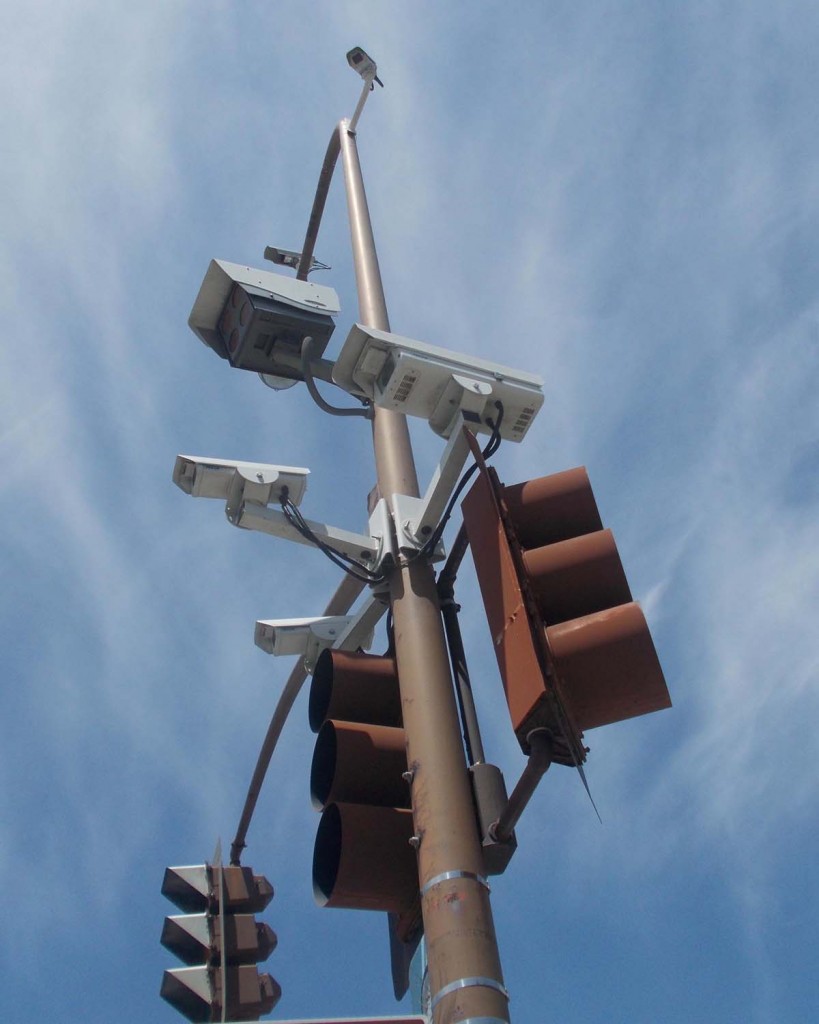


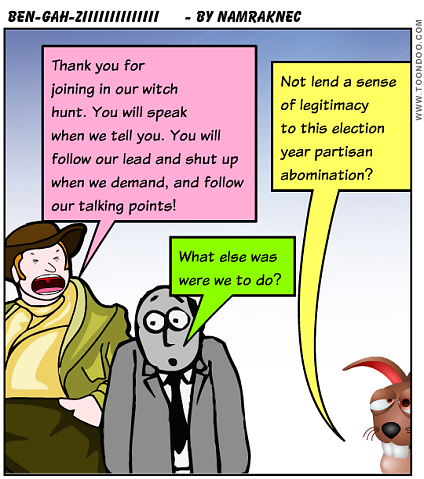
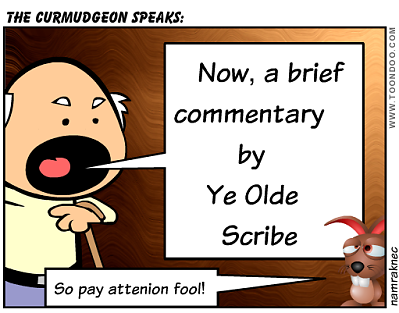


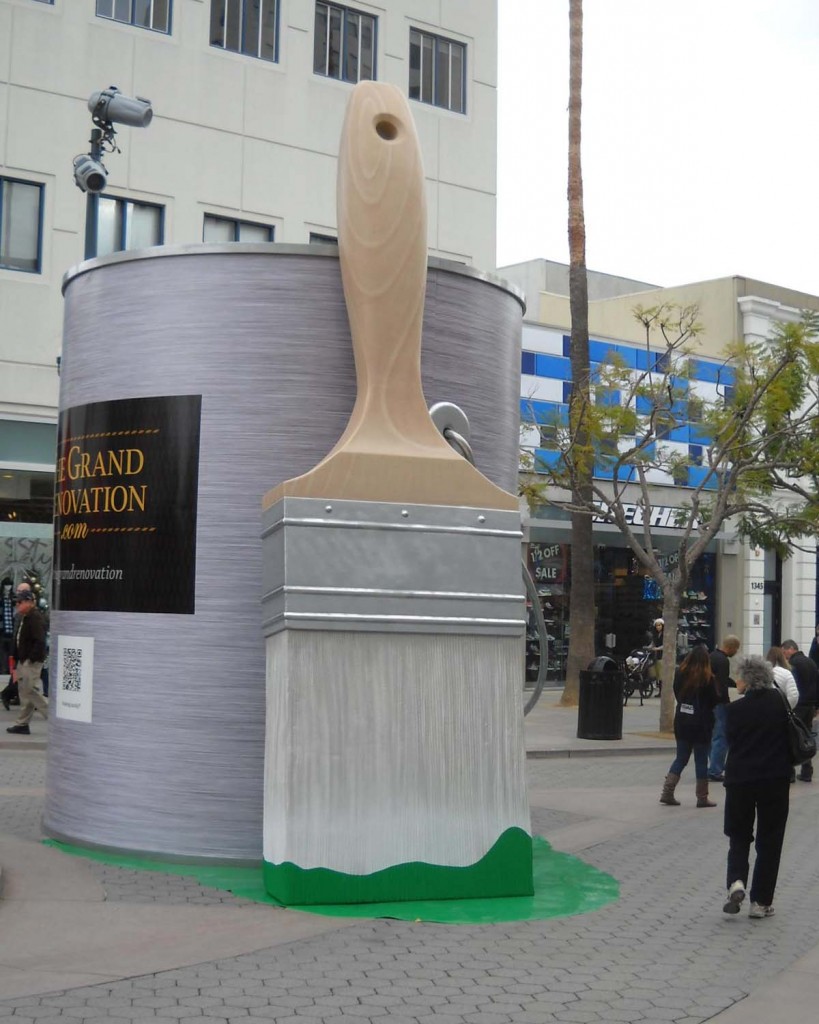

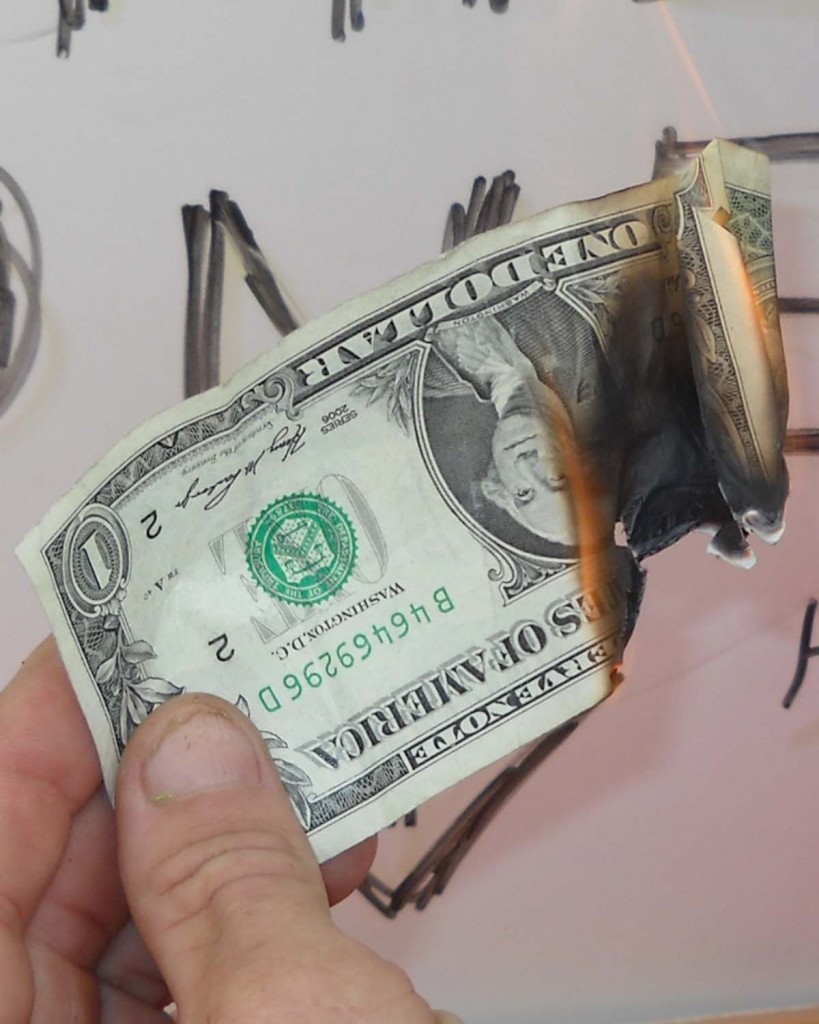
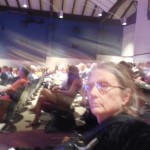
Blonds, Bourbon, and Bullets
Robert Capa stepped on a land mine in French Indo China (AKA Vietnam) sixty years ago on May 25, 1954 and these two new books will help remind older readers of why Hemingway and Capa earned places in the War Correspondents Hall of Fame and explains to younger readers why the two are held is such high esteem by a new generation of wannabes.
The two new books work better in tandem much like Rudolph Nureyev and Dame Margot Fontaine were good dancers but weren’t they so much better when they danced together?
The naggingest question about the Spanish Civil War was (and still is): “Why don’t the Americans help us?” It runs through the book as a leitmotif. If Americans are so damn adamant about the superiority of the democratic way of governance, why did they quietly stand by and let a fascist military leader win?
Could it be that the one percent in the USA in the mid Thirties was convinced that via the concept of “interline courtesy” they owed their real allegiance to Spain’s one percent and that mouthing platitudes about “the people” was just a necessary bit of public relations that had nothing to do with the binary choice between fascism and communism?
Reading “Hotel Florida” makes asking the question “Why didn’t the Occupy movement succeed?” an exercise in delusional optimism.
Vaill paints a vivid word picture of Capa taking some photos of Taro while she sleeps. A tender vignette in the midst of the unfolding tsunami of carnage is a commendable writer’s feat, but it is also very handy to flip to page 65 in the “Paris Years” book and actually see one of the frames Capa shot.
The theme of war as a crucible for love is also explored in the recently published “The Love-charm of bombs,” by Laura Feigel, which follows the intertwined sagas of several couples in London, during the Battle of Britain at the start of WWII.
“What Soldiers Do (Sex and the American G. I. in World War II Farnce),” by Mary Louise Roberts, asserts that part of the process of getting the soldiers psyched up to face enemy fire on the beaches of Normandy was to use the promise of earthly delights that awaited the ones who would liberate Paris.
“Love, Sex and War (1939 – 1940),” by John Costello takes a scholarly approach to the premise that during war members of the clergy turn a blind eye towards fornication and adultery as a way of enlisting the rubes into being enthusiastic about fighting (and perhaps dying in) wars for the benefit of a nation’s one percent elite. This book was published by Pan Books of London and may not have had much of an effect on public sentiment in the USA about the possibility that cannon fodder is not a high priority concern when war is in the offing for the One Percenters.
“The Hotel on Place Vendôme,” by Tilar J. Mazzeo” includes the same cast, the same setting (a famous hotel) but a different city. Paris instead of Madrid.
“We Saw It Happen (the news behind the news that’s fit to print),” edited by Hanson W. Baldwin and Shepard Stone (the 1939 book from Simon & Schuster) is a surfeit of stogy and stultifying material that inadvertently makes the subtle point that it is better if the men and women who will fight, photograph, and report a war, have some jolly good times before they keep their appointment in Samara.
Hemingway, Gellhorn, Capa, and Gerda Taro did make it seem like the good times at the Hotel Florida were the war time journalists’ equivalent of the legendary exploits of the entertainers who were the rat pack in Las Vegas.
Vaill reports that Hemingway’s employer the North American Newspaper Alliance (NANA) was rather displeased with the first-person boasting aspects of the dispatches that Hemingway provided but that brings up a tantalizing question for literary scholars: Was Hemingway a prototype for the Gonzo Journalism trend in the Sixties?
Those who become obsessed with the Gellhorn and Heminway affair might also want to read “Gellhorn (A Twentieth-Century Life),” by Caroline Moorehead.
“Robert Capa (a Biography),” by Richard Whelan provides supplemental proof that Capa was a fearless, loveable rascal.
“The Hemingway Hoax,” by Joe Haldeman, will inspire some intricate Hemingway fan reactions. Why wouldn’t the World’s Laziest Journalist admire a book about counterfeiting Hemingway manuscripts?
George Orwell (nee Eric Blair) wrote “Homage to Catalonia,” which tells the story of his experiences in the Spanish Civil War as a volunteer soldier battling against fascism. It seems that Orwell didn’t enjoy enduring hardship and deprivation and then getting wounded for altruistic reasons. Hemingway makes it all sound like jolly good fun.
“The Women Who Wrote the War,” by Nancy Caldwell Sorel, provides a wide angle look at the niche topic of women as war correspondents. Why hasn’t a biographical film been made about the life and times of Dickey Chapelle? When Virginia Cowles was assigned to cover the Spanish Civil War, she packed only high-heeled shoes in her luggage. That was (to use Harry Lime’s term): “unwise.”
“Ernie’s War (The Best of Ernie Pyle’s World War II Dispatches),” edited by David Nichols, shows just how different the war looked to the folks in the 99%, who had to cope with rationing, wounded veterans, and such. Of particular relevance is the dispatch titled “The Horrible Waste of War,” which starts on page 280.
Martha Gellhorn and Robert Capa both landed on the beach on D-Day (soon to mark the seventieth anniversary) while bureaucratic snafus caused Hemingway and Pyle to arrive a day or two late.
The 34th annual Hemingway Days Festival, which will be held in Key West Florida from July 15 to 20 this year, will feature a Hemingway-look-alike contest. Perhaps this year they should add a search for doubles for Martha Gellhorn and Robert Capa?
The “Hotel Florida” book has leaped on to our top ten list of favorite books of, by, and about Hemingway and real fans of his won’t need a recommendation from the World’s Laziest Journalist to be inspired to buy and read this book.
Trend-spotting reporters at the publication affectionately known as “the Great Gray Lady,” may want to skim through some of the other books listed above and suggest doing a feature story about the possibility that some people do find that war can be a “turn-on.”
Elliot V. Bell, on page 136 of “We saw it happen,” wrote: “Almost without exception the big bankers are the sort of fellows you’d be glad to take along on a trip to your favorite trout stream.” Just like the folks who died or were wounded in Iran and Afghanistan would have loved to have had George W. Bush attend their tailgate parties?
The disk jockey will play the Eagles’ “Hotel California,” Guns ‘n’ Roses’ “Civil War” and a song titled “No Pasaran.” We have to go see the film “Words and Pictures.” Have a “rebarbative” type week.